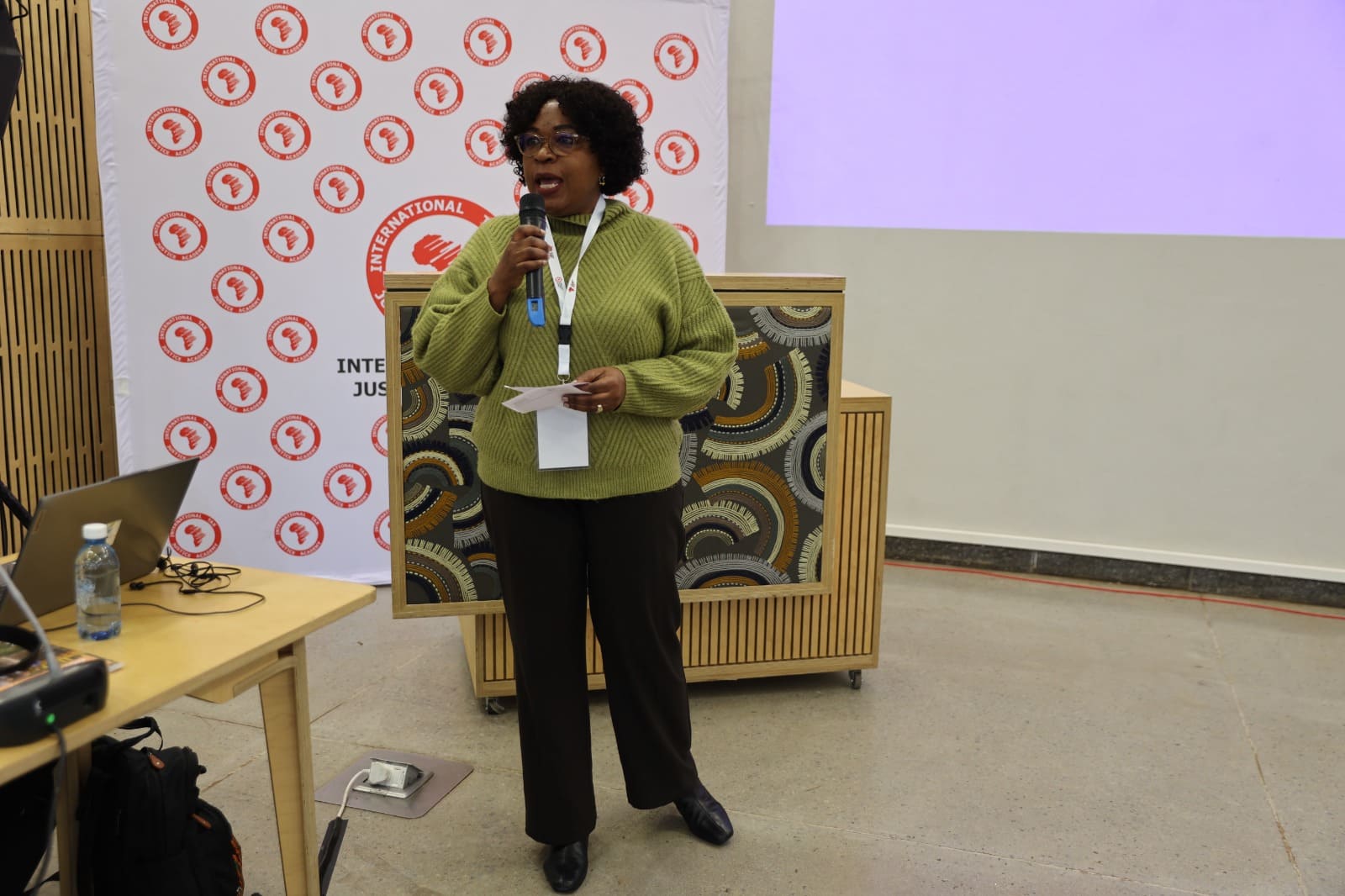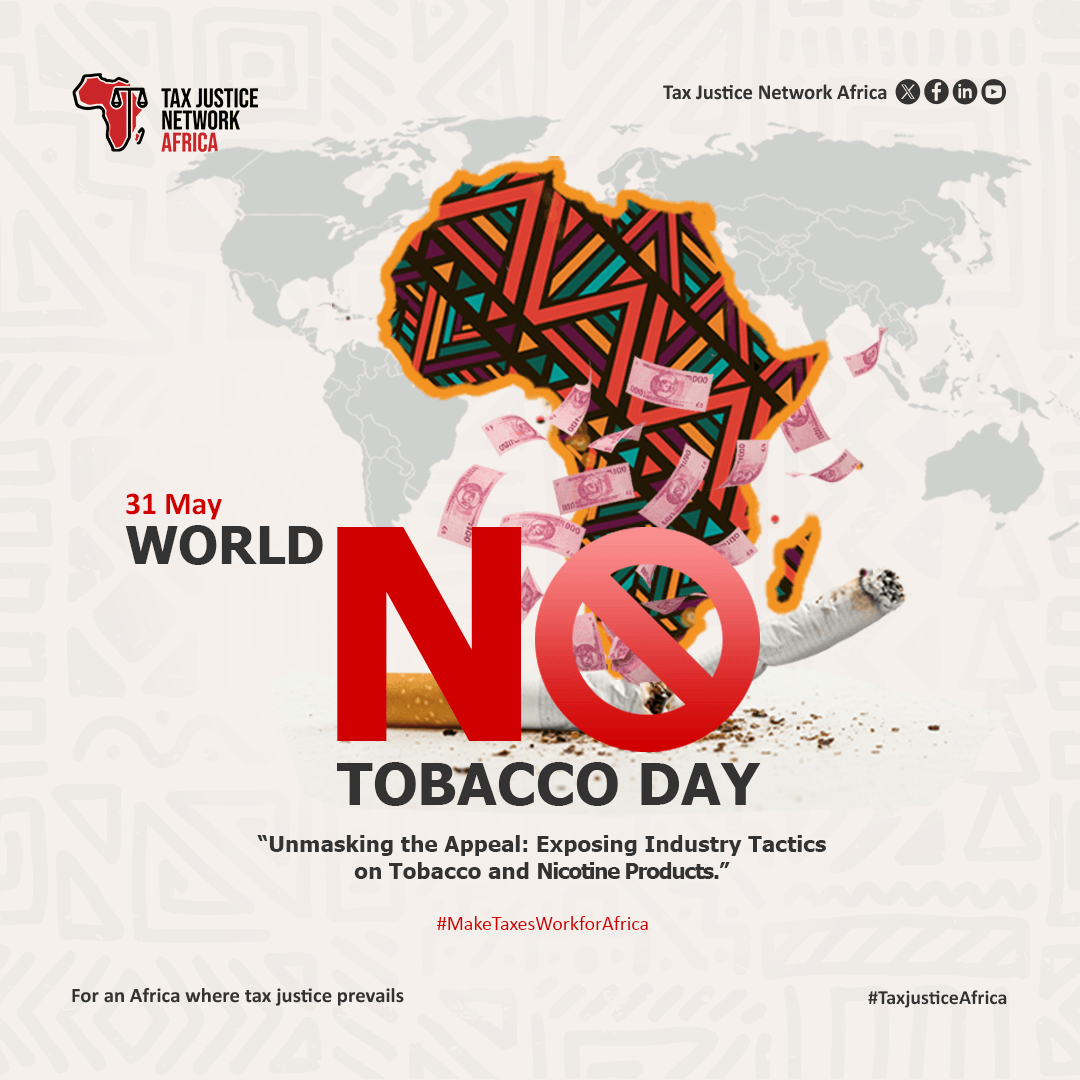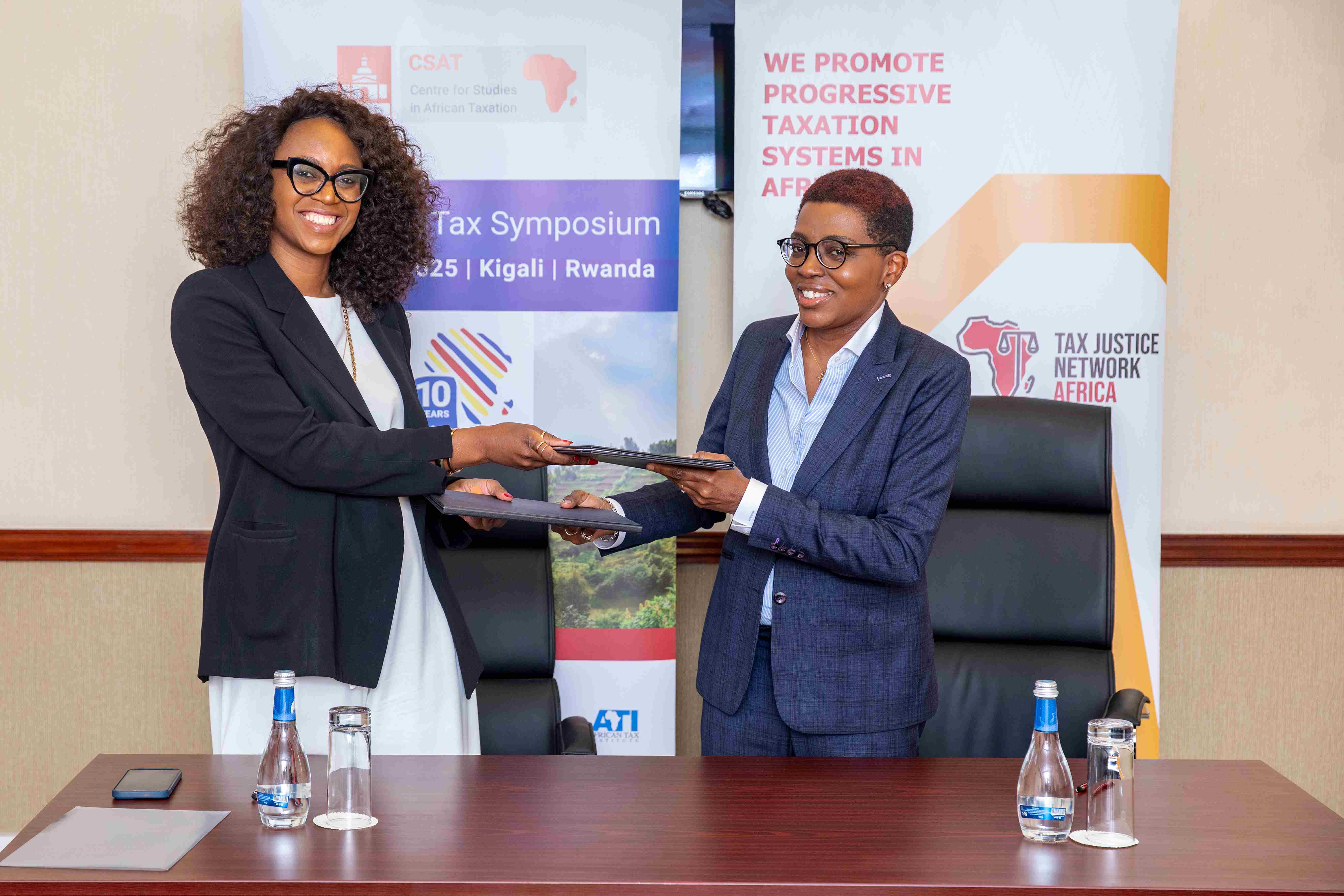
The current structure of tax expenditures in many African countries often aggravates inequalities and undermines efforts towards achieving tax justice. TJNA recognises the urgent need to address this issue to ensure fair and equitable tax systems that contribute to sustainable development.
African countries have taken important steps towards improved livelihood for children by guaranteeing their rights through several international frameworks such as: the African Charter on the rights and welfare of the child, The Abuja Declaration, the Education 2030 Framework for Action, the Maputo Declaration on Agriculture and Food Security in Africa, among others. However, while minimum budget allocations requirements in health, education and agriculture are met, spending do not always correspond neither benefit children as revealed in ''African States' commitments on investments in children," a study conducted by Tax Justice Network Africa (TJNA).
In Zambia, public spending on education constitutes 18.04% of national budget, well above the 15% agreed on the Education Framework for Action, adopted in Incheon in May 2015. However, those are directed to university infrastructures. Tanzania focuses its 16.42% average education spending in free basic education nationwide. On health, Tanzania allocates the largest portion of its health spending on primary healthcare whereas Zambia does not distinguish the levels of care in its health allocations.
Whereas more revenue may be raised through taxation to increase budgetary allocations to basic public services, since in these countries, tax to Gross Domestic Product (GDP) ratio falls below 13%. In addition, substantial amounts of tax revenue are foregone every year. Indeed, the Uganda Revenue Authority estimates that Uganda lost UGX 8,440 Bn (US$ 3,073 Mn) from 2010/11 to 2016/17 in tax incentives and exemptions which amount to 16% of total tax revenues. In Tanzania, revenue losses from all tax exemptions and incentives in 2008 were estimated at TZS 1.8 trillion (US$ 1.23 billion). Illicit financial flows (IFFs) from Zambia between 2008–2012 were equal to 24.1% of its total trade.
One issue TJNA is addressing is the lack of transparency and accountability surrounding tax expenditures in Africa. Without comprehensive disclosure and scrutiny mechanisms, tax incentives and exemptions can be prone to abuse and rent-seeking behaviour by both multinational corporations and domestic elites. This opacity not only undermines revenue collection but also perpetuates inequality by favouring certain industries or individuals over others.
TJNA advocates for enhanced transparency and oversight of tax expenditures through robust legislative frameworks and institutional mechanisms. This includes requiring governments to regularly publish detailed reports on the cost and impact of tax expenditures and establishing independent bodies to evaluate their effectiveness in achieving socio-economic objectives. By fostering greater transparency and accountability, African countries can ensure that tax expenditures align with broader development goals and contribute to reducing inequality.
However, implementing such reforms faces several challenges, including political resistance from vested interests benefiting from the status quo, capacity constraints within tax administrations, and the need for international cooperation to address cross-border tax avoidance schemes. Overcoming these obstacles requires concerted efforts from governments, civil society organisations, and international partners to build momentum for meaningful reforms that prioritise tax justice and equitable development in Africa.
By promoting transparency, accountability, and effectiveness in tax incentives and exemptions, TJNA aims to contribute to broader efforts towards achieving sustainable development and reducing inequality in Africa. Addressing this issue requires collaborative action and political will to overcome implementation challenges and create a more just and inclusive tax environment for all citizens.





